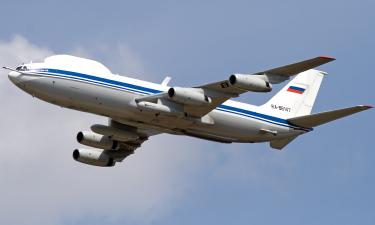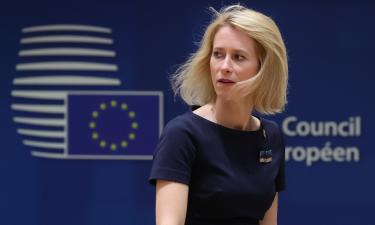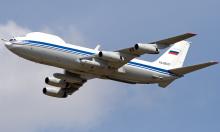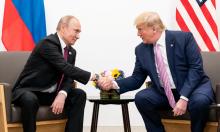The West has no faith in Russia's wealth
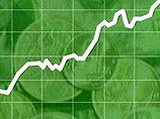 Western “experts” who specialize on the subject of eastern territories along with the liberal column in Russia have formed a steadfast image of the current state of affairs of our country.
Western “experts” who specialize on the subject of eastern territories along with the liberal column in Russia have formed a steadfast image of the current state of affairs of our country.
To put it mildly, the overall picture isn't so great. At the same time, it would be incorrect to accuse them of slander.
In brief, western liberals describe the so-called “formula of modern Russia” in the following manner: a weak autocratic state with poor investment climate, economic and political instability as well as with inhibitory economy, which in turn results from the aforementioned factors.
Lately, it has become fashionable in the West to write “independent” evaluations of the growth of Russian economy. As one can expect it, their analysis has very little in common with Russian statistics agency (Rosstat).
True, Rosstat's data didn't appear trustworthy enough at first. The agency’s chief Vladimir Sokolin used to claim that Russia’s GDP for 2004 was 6,5-6,7%. However, a couple of weeks afterwards, the Ministry of Economic Development and Trade has published an “updated version” of it; according to it GDP equals 7,1%. While commenting the difference in numbers, Russian officials state that the data isn’t final. Obviously, some government officials decided to “adapt” the numbers to the presidential program that entails doubling the GDP.
Western observers follow the example of Russian skeptics. Analysts of the Dresdner Kleinwort Wasserstein (DrKW) investment bank expressed their concern over the official assessment of the Russia’s GDP growth for the year of 2004. In its analytical statement, the bank calls such assessment “strange”. According to their calculations, our GDP had to undergo a major leap and reach 7,5%.
At the same time, the German bank claims that under the circumstances, the overall growth of Russia’s Gross Domestic Product could have even resulted in 11-12%. However, that isn’t the case, due to the so-called Western “formula of modern Russia” mentioned earlier. It seems as though the West possesses its own statistics pertaining to various subjects.
So what do the prophets say? Growth of GDP in Russia will slow down in 2005 and would most likely decrease by 5,8% in comparison to 6,8% in 2004, consider experts of the Economic Commission for Europe (ECE). According to the foreign experts, the reason for such backlash has to do with the so-called “Dutch disease,” when a major inflow of currency into the country from oil sale results in rather rapid strengthening of ruble, which in turn affects competitiveness of domestic producers. The statement is rather debatable; there is a massive devaluation of dollar going on in the States, however, the country’s GDP doesn’t seem to indicate significant growth. In China in contrast, yuan tends to strengthen steadily and many countries complain because of its understated rate. At the same time, Chinese authorities are worried because of skyrocketing GDP and attempt to calm things down a bit.
Perhaps, it would be more reasonable to look at the issue of Russian wealth from a slightly different angle. For instance, maybe it would be worthwhile to perceive the issue from the same perspective as analysts from FBK, who have recently come up with an interesting research work “How much Russia worth?”
In their work, they attempt to determine the parameters of Russian economy, while also trying to grasp its “shady” The work revealed tremendous difference with the Rosstat’s data. Western experts managed to determine that annual consumer expenditure of Russians in 2003 turned out to exceed Rosstat’s data by 72%.
Country’s GDP turned out to exceed the official one by 33%. According to the experts, the reasons for such major differences in data has to be searched for in the following: imperfection of statistical tools, shortcomings of the real volume of the economy’s shady sector as well as lack of ambitiousness in the upcoming plans.
According to the experts, “the research work has indicated that overall we have no clue of today’s economy.” Consequently, this means that our mind is open for any speculations on the subject matter and we can easily be convinced of the worst-case scenario. And the Ukraine is the best example of it.
Economics Department
Subscribe to Pravda.Ru Telegram channel, Facebook, RSS!

